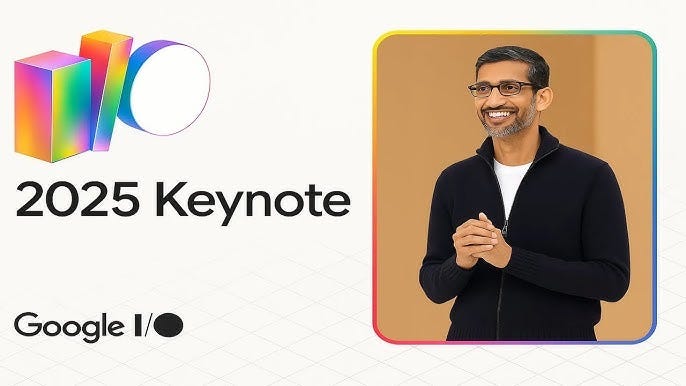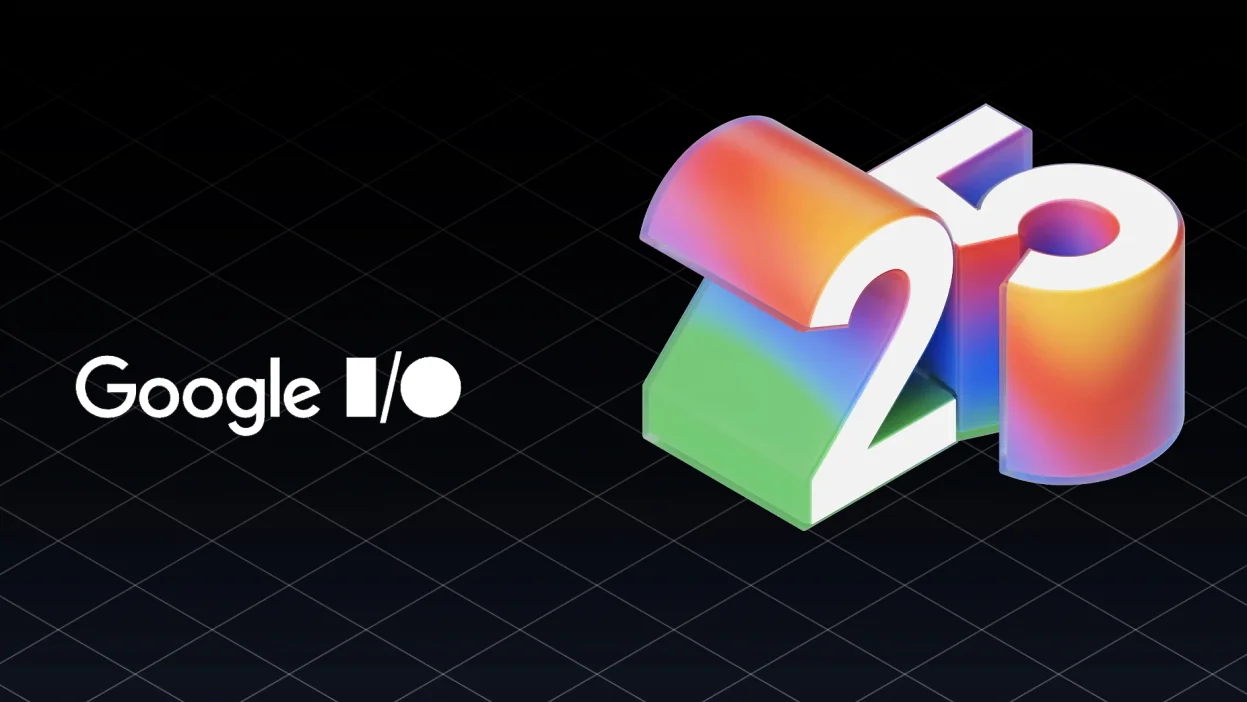Google goes all in on AI
At Google I/O 2025, the tech giant unveiled a major change of its ecosystem, one which places its Gemini AI models at the heart of nearly every product and service, marking a decisive shift from simply integrating AI features to becoming a company that is fully “AI-native.” The central message, “from research to reality”, is a reminder that Google was at the forefront of AI research in the last decade - which it singularly failed to capitalise on at the time, opening the way for competitors such as OpenAI. Gemini now acts as the connective tissue across Google’s historically siloed products, potentially offering users a seamless experience across devices and services. Whether through Search, Workspace, or the Gemini app, the AI is designed to anticipate needs, interpret complex queries, and take meaningful action on behalf of users. That, at least, is the promise: whether Google can deliver or not remains to be seen.
One of the reasons for the slow uptake of AI by Google was due to search, long its flagship product and now undergoing its most radical overhaul yet. Powered by Gemini 2.5, the new AI Mode introduces a conversational interface capable of handling multi-step queries and generating contextual answers, while AI Overviews replace traditional blue links with artificially generated responses, and tools like Deep Search and Project Mariner enable task automation such as booking appointments or analysing data. Shopping also gets an AI makeover with virtual try-ons, and agentic checkout. Meanwhile, the Gemini app - now boasting over 400 million monthly users - introduces Gemini Live, a real-time, multimodal assistant that can see, hear, and act. Integration with Google apps like Maps and Calendar is on the horizon, and experimental features like Agent Mode hint at a future where AI proactively manages tasks based on user goals.
Beyond consumer tools, Google is aggressively courting developers and creatives. Over 7 million developers are building with Gemini, and platforms like AI Studio, Colab, and Android Studio are being infused with agentic capabilities. Creative professionals gain access to tools like Veo 3 for video generation, Imagen 4 for high-resolution images, and Flow for AI-assisted filmmaking. However, the introduction of the $249.99/month AI Ultra plan has sparked concerns about accessibility, as premium features may be out of reach for average users.

Sundar Pichai delivering the keynote at Google I/O 2025
Why is I/O important?
Google I/O is the company’s biggest annual event for developers, where it unveils new technologies and major updates across its products. The 2025 event was particularly notable for its strong focus on artificial intelligence, especially the Gemini AI models, which are now central to Google’s entire ecosystem. For about a decade, the success of search was perhaps one of the major hindrances to Google's adoption of AI because it did not automatically contribute to Google's most significant activity generating revenue, but now the company has announced a major overhaul of Google Search, which now uses AI to understand and respond to complex questions, and the expansion of the Gemini app, which can interact in real time using voice, visuals, and screen sharing.
I/O 2025 is important, then, because it sets the direction for Google’s future: the event is typically where the company reveals major shifts in strategy and introduces tools that developers will use to build the next generation of apps and services. These announcements often influence trends in the tech industry, shape how billions of people interact with technology, and signal what’s coming next in areas like mobile computing, AI, and cloud services.
What has been the reaction?
Most - although by no means all - reactions to the event were positive, and highlights included the impressive demo of Android XR smart glasses, the Project Astra video showcasing real-time AI interaction, and Veo 3, a tool that generates videos with sound, signaling a new era for AI-generated media. The transformation of Google Search into an “intent engine” was seen as the biggest change since the company’s founding.
Likewise, the emphasis on developers as a major focus was also welcomed by many, with over 7 million now building with Gemini and usage on Google’s Vertex AI platform up 40 times from last year. New tools like Jules, an AI coding assistant, and Stitch, which turns natural language into UI designs, have been met with excitement. Google emphasised how developer feedback is shaping its products, helping make AI tools more useful and accessible, while the integration of Gemini across products like Chrome, Meet, and Android XR has been welcomed as a move towards a more unified experience. Likewise, new models like Deep Think and Diffusion are pushing the boundaries of what AI can do and features like real-time translation in Meet and agentic tools for ecommerce show how AI could actually start solve real-world problems. Still, some raised concerns about accessibility, especially with premium features locked behind a costly subscription, potentially leaving everyday users behind.
Indeed, the biggest criticism of Google I/O 2025 was the introduction of the $249.99/month Google AI Ultra plan, which many felt created a divide between everyday users and those who could afford premium access. Marketers also raised concerns about the new AI-powered Search, saying it made ad targeting less predictable and more opaque, and some commentators worried that generative tools could lead to generic, repetitive content without strong brand guidance, or that the infrastructure needed to use new data tools might leave smaller or less modern businesses behind.
Despite pioneering breakthroughs in AI, Google frequently struggled to turn its early research into dominant consumer products. Internal fragmentation, cautious rollout strategies, and a focus on infrastructure over user-facing innovation allowed competitors like OpenAI and Microsoft to leap ahead with more accessible, widely adopted AI tools and experiences. This year feels that the company has finally caught up and, indeed, overtaken its competitors in many respects - although it also may mark the moment when cutting-edge AI becomes more expensive to use.
This article was co-created with AI.


